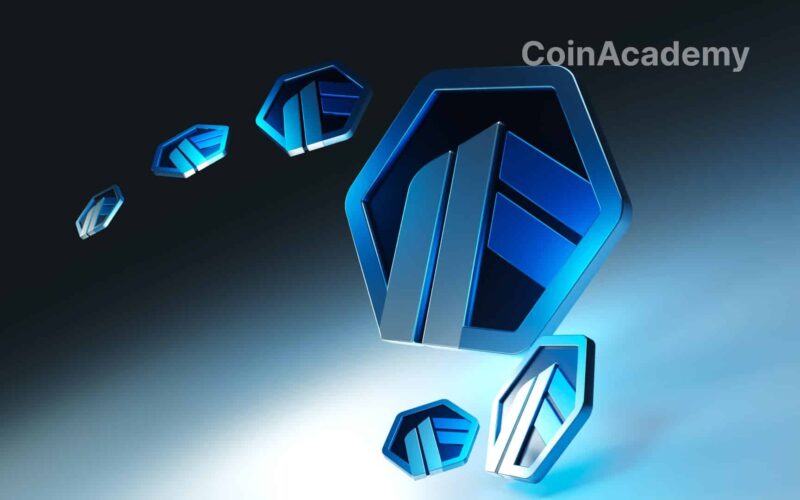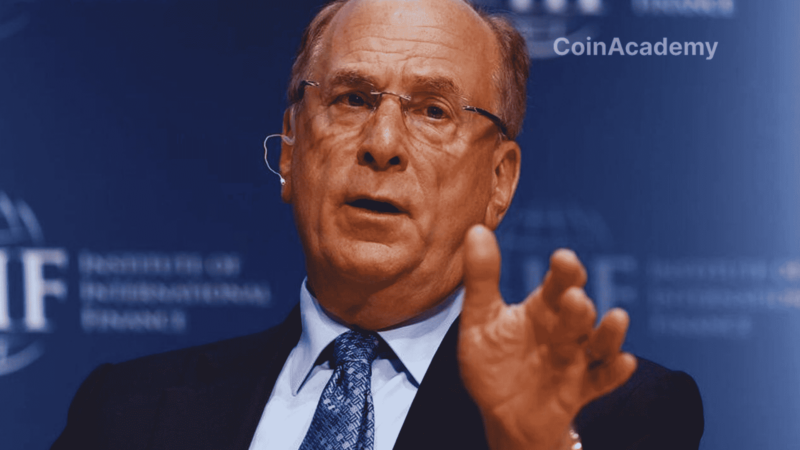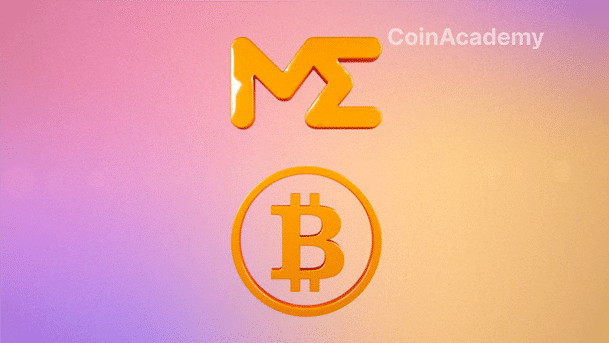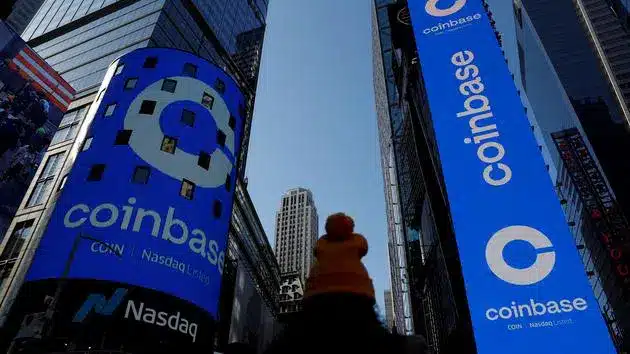An Influential Member of Arbitrum’s DAO Proposes a Recall of $120 Million in Gaming Funds
An influential member of Arbitrum’s DAO, Joseph Schiarizzi, has proposed recalling nearly $120 million in funds allocated for the Gaming Catalyst Program (GCP) due to delays and a lack of transparency.
The GCP, aimed at driving adoption of Arbitrum in gaming with 225 million ARB tokens, has failed to meet its initial objectives, such as appointing board members and opening applications for grants.
The proposal aims to restart the dialogue and demand more transparency, shedding light on governance challenges within DAOs and the importance of effective resource management.
A Program that Is Slow to Launch
The GCP, announced in March 2023 and ratified by the DAO in June with 76% of the votes in favor, aimed to invest 225 million ARB tokens to foster the development of the gaming ecosystem on Arbitrum. However, since the approval of this ambitious program, it appears that little concrete progress has been made. The objectives to be achieved in the first four months, including board member appointments, request for proposal (RFP) creation for infrastructure development, opening applications for grants, and establishing communication channels, have not been met.
This inaction has led Schiarizzi to denounce the lack of follow-through and propose the withdrawal of 220 million ARB tokens (approximately $119 million) from the multisignature wallet managed by the GCP custodians, with the funds supposed to return to the DAO’s treasury.
The Complexity of Delays and Developers’ Response
Steven Goldfeder, co-founder of Offchain Labs and developer of Arbitrum, responded to this proposal on X, formerly Twitter. He explained that the implementation of the program is “super complicated” and taking longer than anticipated. According to Goldfeder, biweekly calls have indeed taken place, and the delays are justified by complex processes, including legal structure, hiring, and oversight.
A.J. Warner, Director of Partnerships and Strategy at Offchain Labs, further clarified that the lack of transparency reports is due to the program still being in the preparation phase. He added that the funds are still under the control of the foundation, and no tangible data on the GCP’s performance can be published yet.
A Proposal to Restart the Dialogue and Transparency
Although Schiarizzi admitted that he did not expect his proposal to be adopted, his main goal was to spark a debate and obtain more transparency. According to him, it is not about canceling the GCP but putting it back on track. In an amendment to his proposal, he also noted that the GCP board members informed him that an official program start date would soon be submitted to the DAO, suggesting that the actual launch of the GCP had not yet taken place.
The essence of his approach is thus to restore a framework of transparency in line with the initial commitments made during the June vote. Schiarizzi emphasized that his goal was not to sabotage the GCP but to remind the DAO and the program’s custodians of the transparency obligations they had committed to.
The Challenge of DAOs: Governance and Accountability
This situation highlights the inherent challenges in governing DAOs. One central point of criticism is the management of such large funds ($120 million) by a small group within a 3/5 multisig wallet, a structure that allows only three out of five signatories to authorize transactions. The lack of public communication and visibility on the progress made has exacerbated the frustrations of DAO members, who are called upon to actively participate in decision-making.
In DAOs, the decentralization of governance is an ideal that must be accompanied by transparency and rigorous project tracking funded by the community. The case of Arbitrum and the GCP demonstrates how the success of initiatives depends on the ability to uphold these fundamental commitments.
Conclusion: A Moment of Reflection for the Arbitrum Community
Schiarizzi’s proposal to recall funds has, for now, achieved its main objective: drawing attention to the delays of the GCP and the need for more transparency. If the project manages to correct its course by providing the expected clarifications, it could still fulfill its initial ambitions. However, this episode highlights the crucial importance of communication, transparency, and effective resource management in DAO projects, key principles for maintaining trust and engagement within the community.




